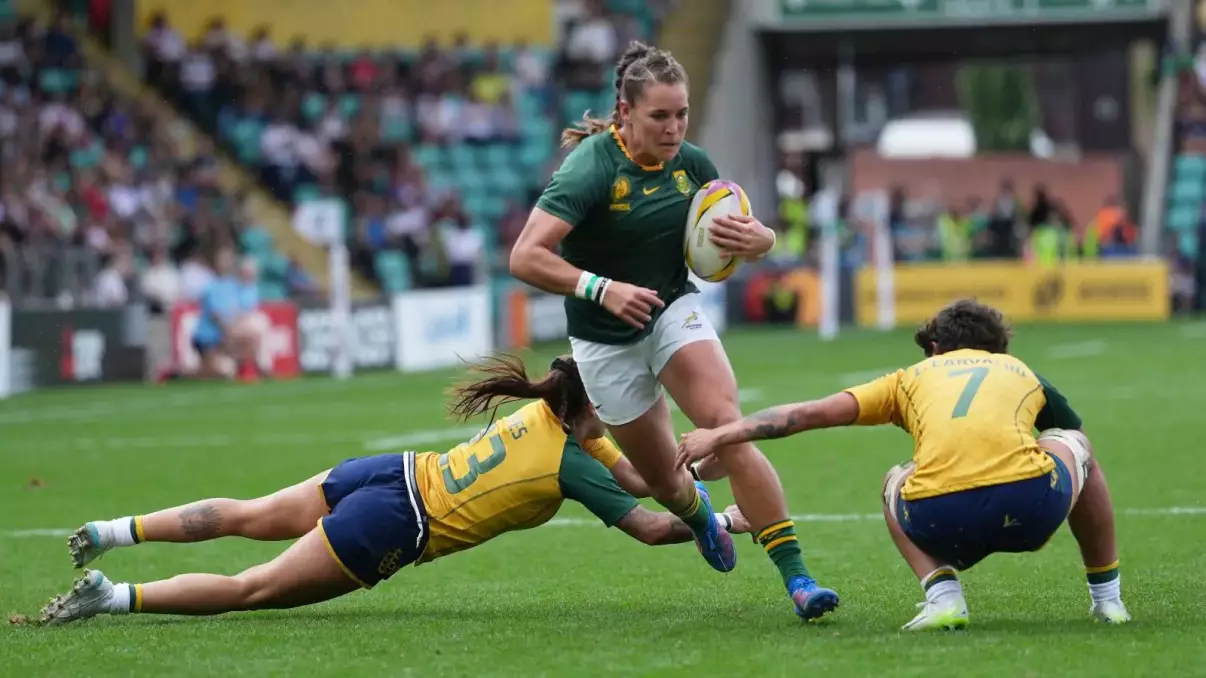The WXV Global Series aims to transform the global women's rugby calendar and serve as a central pillar of the qualification pathway to Women's Rugby World Cup Australia 2029.
World Rugby, national member unions and the International Rugby Players Association banded together to announce the series this week.
The new format will feature the top 18 national teams in the world, delivering certainty, increased meaningful competition and calendar harmony, driving long-term performance and commercial sustainability in the women's game.
The top 12 teams (Australia, Canada, England, France, Italy, Ireland, Japan, New Zealand, Scotland, South Africa, USA, Wales) will compete in a home-and-away, cross-regional touring model within a newly aligned September - October international window. Significantly, unions will retain domestic commercial rights to their home fixtures, recognising the importance of growing the value of the women's game in each country, and supporting reinvestment in player pathways and national programmes.
Meanwhile, teams 13-18 (Brazil, Fiji, Hong Kong China, Netherlands, Samoa, Spain) will play their fixtures in a single destination in 2026 and 2028, funded by World Rugby, addressing financial challenges, and supporting development. Rankings to determine positions in the Series were set at the end of WXV 2024 and teams will remain fixed in these through the 2026-28 cycle, as agreed with participating unions.
Additionally, the WXV Global Series is fully aligned with the Women's Rugby World Cup 2029 qualification pathway, offering clear progression opportunities for teams across both levels and all six of World Rugby's regions.
The structure of the 2027 season will allow teams to face new opponents, with additional fixtures for unions not involved in the British and Irish Lions Women's Tour to New Zealand.
"The launch of the WXV Global Series marks another landmark moment for the women's game, following what will be an era-defining Women's Rugby World Cup in England, that will change the global landscape for women's rugby," said World Rugby Chair Brett Robinson.
"It delivers on our commitment to raise standards, provide consistent and competitive fixtures, a clear international calendar that prioritises welfare, and create sustainable commercial outcomes for the women's game globally. Working closely with players and unions, this model creates the platform for women's rugby to reach its full potential on and off the field."

16_144x91.webp)

16_144x91.webp)
16_144x91.webp)



